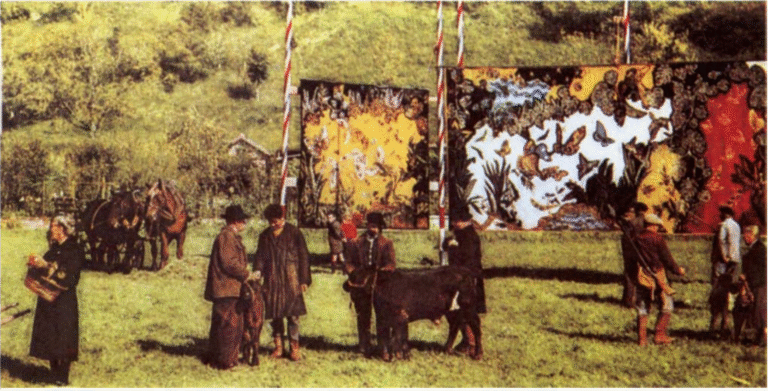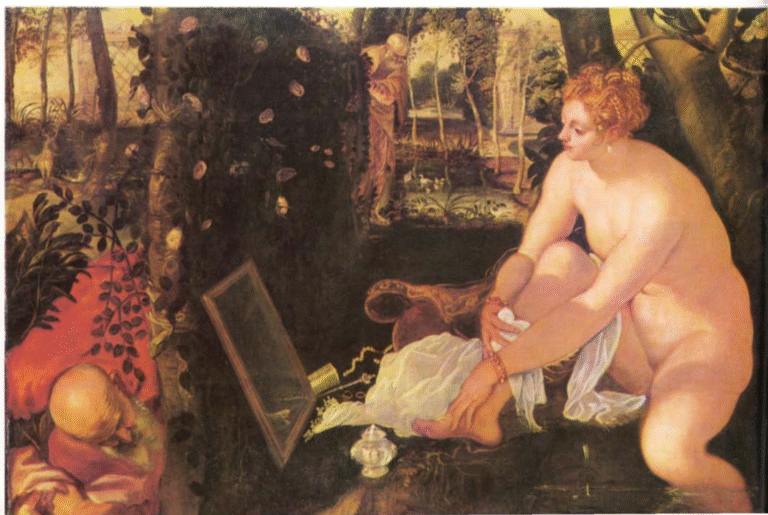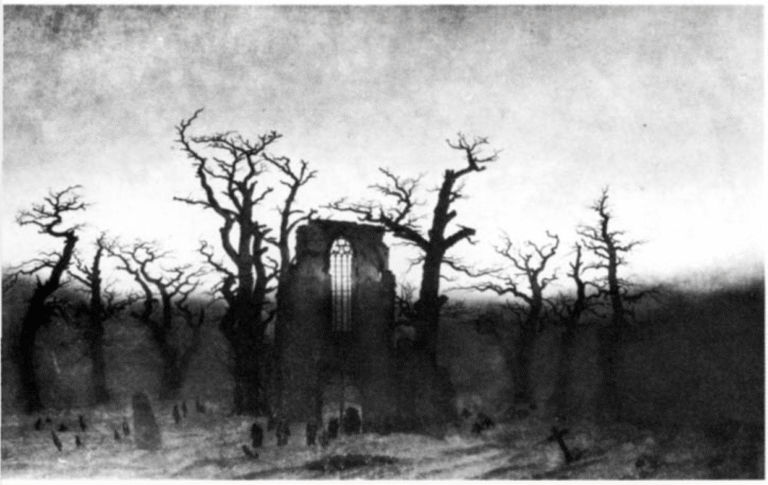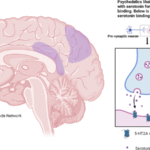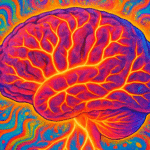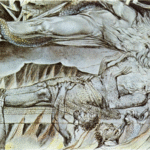Lying down in the dark room at 2 a.m., scrolling through the phone, have you ever wondered the meaning of life and pondered that something feels off, like something is missing in our lives and the way we live them? Although there are countless contrasts in our thoughts, this is the one thought that has crossed almost everyone at one point in their lives. It is not pointless pondering but a deep-seated mechanism of our very existence- finding a meaning of existence. We long for answers from our social existence and professional goals, but the universe’s silent indifference towards this feeling of loneliness and belonging leaves us with a constant search for validation and a meaning of life.
“You will never be happy if you continue to search for what happiness consists of. You will never live if you are looking for the meaning of life.”
― Albert Camus
Albert Camus also pondered this question throughout his life and concluded that the constant need for finding a meaning of existence and the universe’s silent indifference are the two constant forces that drive our lives constantly. He believed that finding meaning is absurd; he instead chose to live with the courage of not seeking meaning but finding satisfaction and solace in the absurd nature of life. His philosophy of the absurd is based on these principles.
The Philosophy of the Absurd

Albert Camus, the French-Algerian writer and philosopher, was born into the conflicted Algerian region. Throughout his existence questioned the status quo and wondered what the meaning of existence was in this chaotic, violent world. Camus never shied away from the tough questions. He contemplated the meaning of life throughout his confronting and violent past. Eventually, he concluded that life is absurd and arises from the constant struggle for finding meaning and the universe’s silent indifference towards this question; instead, he chose to live without asserting any meaning to life and being comfortable with living without a meaning.
He asked:
“Should I kill myself, or have a cup of coffee?”
It might sound strange and shocking but when we are faced with constant struggle for finding a meaning, feeling confused and conflicted all the time, we face a tough choice: to give up, to numb ourselves with illusions, or to live fully in defiance of the absurd. He rejected false hope and rejected despair, instead he proposed an inner revolution, a revolt in inner thoughts and mechanism of beliefs. He believed that this inner rebellion and the decision of not living with a why, embracing life in the most absurd form with no final answer was the key to finding some satisfaction in the conflict.
The Psychological Truth Behind Camus’ Rebellion
Many of us in today’s fast paced lifestyles strive for meaning through success, external validation and mindless productivity. This philosophical and psychological struggle of finding a meaning in life leads to a constant struggle between the internal truths of the souls and the external lives we live. As a result, we are trapped in an existential burnout- a situation where we look for answers constantly in our external lives, leaving the inner soul unsatisfied and exhausted.
We try to fix our emptiness with achievements.
We measure worth in metrics.
And when none of it fills the void, we label ourselves “broken.”
But Camus would say: you are not broken — you are awake.
As a result, we often feel like a failure in life, even though we feel like we have tried everything at our disposal for a sense of belonging in this universe. In psychological terms, this is the foundation of existential resilience — the ability to create personal meaning in a world that offers none by default. It’s the same insight Viktor Frankl later echoed in Man’s Search for Meaning: “When we are no longer able to change a situation, we are challenged to change ourselves.”
Sisyphus and the Everyday Struggle
The myth of Sisyphus is one of the most relatable metaphors that has existed since Greek philosophy. This metaphor was brought to life again by the philosophy of Camus. He reimagines the story of Sisyphus, who was sentenced to the labour of rolling a big stone up a hill only to tumble the same rock back to the bottom of the mountain, starting the whole process again for eternity. Camus compared this story with the struggle of every human, burned with repeating the same task time and time.
Sisyphus is the perfect embodiment of futility served by the daily common tasks of human existence, like showing up to the office, sitting in front of the screen throughout the day and commuting to home-office-home daily. This repetitive nature of these tasks brings boredom to life and takes away the thrills of existence. But Camus argues that, like Sisyphus, we must accept this futility as a part of our existence and seek meaning in the art of pursuing these daily tasks instead of seeking meaning from these tasks.
Living Without Why: A Mental Health Perspective
The art of living without a meaning is a healthy and conscious prospect. The art of letting go, finding beauty in effect, not the result and practising mindful rebellion is the key to finding nirvana in life through its absurdity. In therapeutic terms, radical acceptance and acknowledgement of the flaws in existence is the key to a satisfied life. The constant demand for meaning leads to a futility and a constant struggle between the personality of the individual and the society they inhabit. This constant struggle often leads to mental struggle, exhaustion and anxiety. If we stop demanding answers to everything unknown to us, we can find solace in our existence.
Why Camus Matters Today
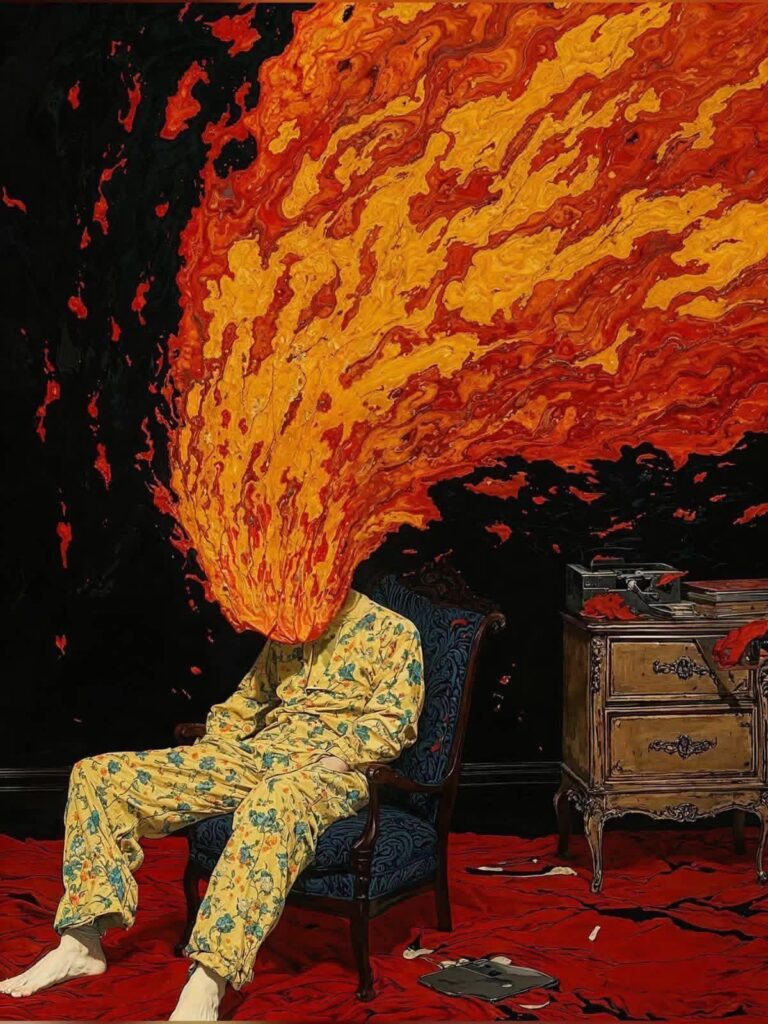
Camus’ philosophy may have been born through the ashes of World War II, but it serves as a powerful medium to find satisfaction in today’s chaotic lives. The message of living despite the absurd meaninglessness of life provides a comforting solution to the question of existence. The confronting question of the purpose of existence often leads to discomfort in different stages of life and can lead to a significant decline in mental health, even conflict with the inner personality and the outside world. The art of letting go and finding satisfaction in not knowing everything remains the key message of the philosophy of the absurd.
In today’s world of fast-driven knowledge through the internet, everyone wants to stay on top of everything and the pursuit of knowing everything becomes the goal of life. But this pursuit of knowledge of everything around us is a plague for the soul. The conflicting beliefs, the uncomfortable truths and the dissatisfied nature of the information that we encounter through our pursuit of attaining all the knowledge present around us can lead us to a dark place. The art of living with the satisfaction of not knowing everything and finding happiness in the pursuit of this journey of finding satisfaction in the absurdity of not knowing everything remains one of the major goals of this century for dissatisfied souls.
Camus reminds us:
“The point is to live everything.”
In a world obsessed with answers, he teaches us to find peace in the question itself.
To live despite uncertainty — and maybe even because of it.
Reflection
When was the last time you stopped chasing meaning and simplicity and experienced the true beauty of life, nature and experiences around us? The constant pursuit of meaning often leads us to the question of ‘what’, leaving behind the ‘why’ behind our existence. The true beauty of life lies in enjoying the journey this life embarks upon us and the numerous experiences that enrich our lives by leaving an impactful weight on our souls. We can only truly find solace in life by quitting the race of finding a meaning in life and accepting the abiding in meaning and continuing to enjoy the journey life embarks upon us.
Maybe today, your small act of rebellion can be this:
To live — fully, honestly, and absurdly — just because you can.
“The struggle itself toward the heights is enough to fill a man’s heart.” — Albert Camus.


